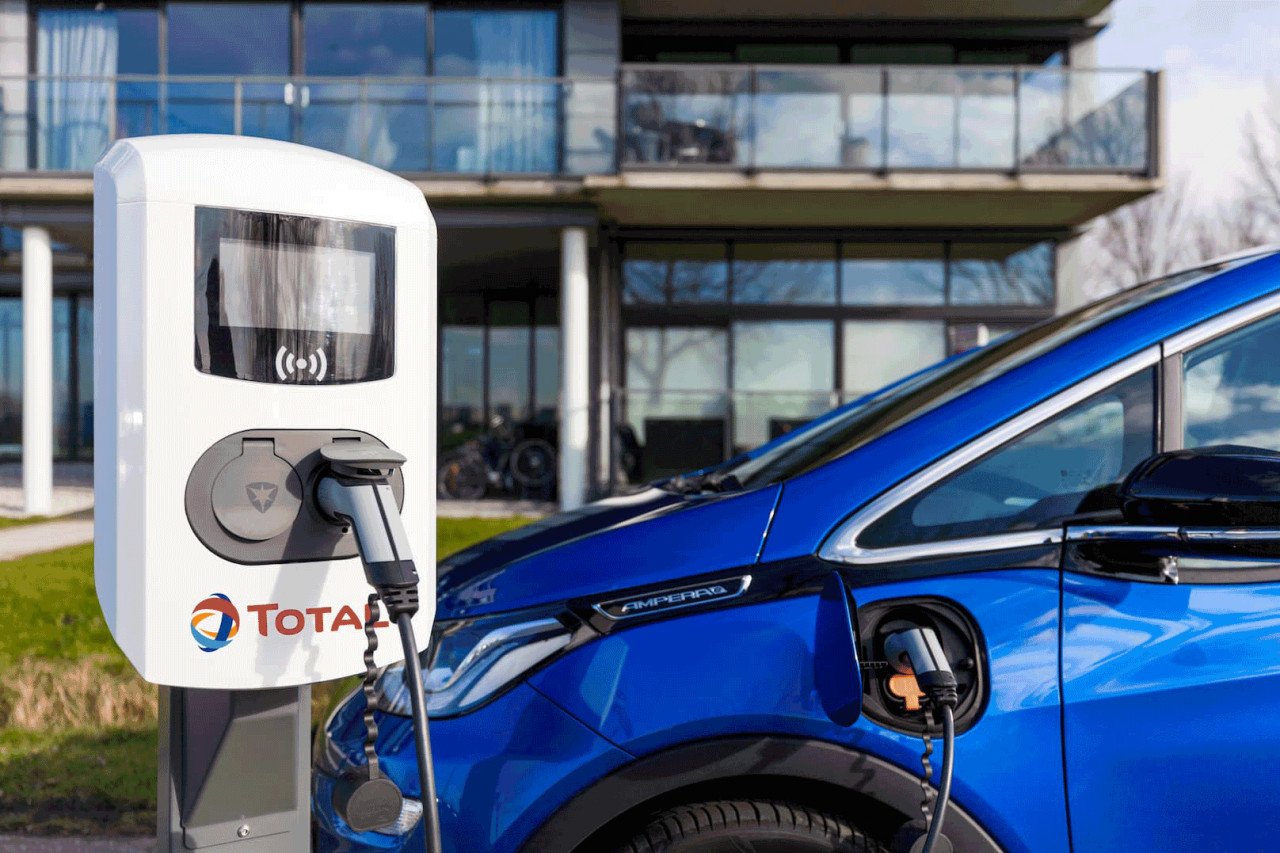The German Association of the Automotive Industry or VDA has recently published its latest e-charging network ranking report. It observes that Germany still has a lot of catching up to do when it comes to expanding the publicly accessible charging infrastructure for electric vehicles.
The report states that there are 60,364 publicly accessible charging points in the country as of 1 May 2022. This means that an average of around 22 e-cars come to a publicly accessible charging point. In the last VDA charging network ranking, as of 1 October 2021, there were 21 e-cars and on 1 May 2021 there were 17 e-cars. Thus, the gap between supply and demand is growing.
While an average of around 57,000 electric cars per month were newly registered in Germany over the past 12 months, the number of publicly accessible charging points grew by only around 330 per week. In order to reach the target of 1 million charging points in 2030, around 2,000 new charging points per week would be necessary.
The expansion speed would therefore have to be increased sixfold. If the current pace of expansion is not increased, there will be just around 210,000 charging points in Germany in 2030, i.e., only a fifth of the targeted 1 million, claims the report brought out by VDA.
Hildegard Müller, President of VDA, notes, "The federal government's goal of 15 million EVs by 2030 has further increased the need for an ambitious expansion of the charging infrastructure. Nevertheless, the expansion is progressing far too slowly. The expansion of the power grids required for electromobility must also be better coordinated. We need a lot more speed if we want to achieve the goals".
"Instead of lagging behind, the expansion must precede the need by two years. This is the only way to create the much-needed consumer confidence in a reliable and sufficient charging infrastructure. And we need consistent monitoring of the goal of 1 million charging points by the federal government, because only then can we make adjustments in good time if necessary", she adds.
In order to increase the speed of expansion, faster planning and approval processes are necessary, according to the VDA President. "When it comes to expanding the charging infrastructure for e-vehicles, we need planning to be accelerated, and the automotive industry has submitted concrete proposals for this".
In addition, the municipalities would have to assume their responsibility for the expansion of the charging infrastructure more than before. Müller says, "The municipalities know the specific local needs best. The mayors and district administrators must define goals for the development and promote implementation". As of 1 May 2022, more than half of all 10,796 municipalities in Germany do not have a single public charging point.
As per the latest rankings, Thuringia, Saxony-Anhalt, Saxony and Mecklenburg-Western Pomerania occupy the first four places exclusively in eastern Germany in terms of EV charging infrastructure. Brandenburg, Rhineland-Palatinate, Lower Saxony, Schleswig-Holstein and Bremen are five other federal states that have a better ratio of rapid charging points and e-cars than the national average.
In contrast, Bavaria, Baden-Württemberg, Hamburg, Berlin, Saarland, North Rhine-Westphalia and Hesse have more e-cars per rapid charging point than the national average. It turns out that the differences between the federal states are also large when it comes to the rapid-charging infrastructure. In Thuringia, 57.5 e-cars share a rapid charging point, in Hesse it's 209.1 e-cars.
Read More

